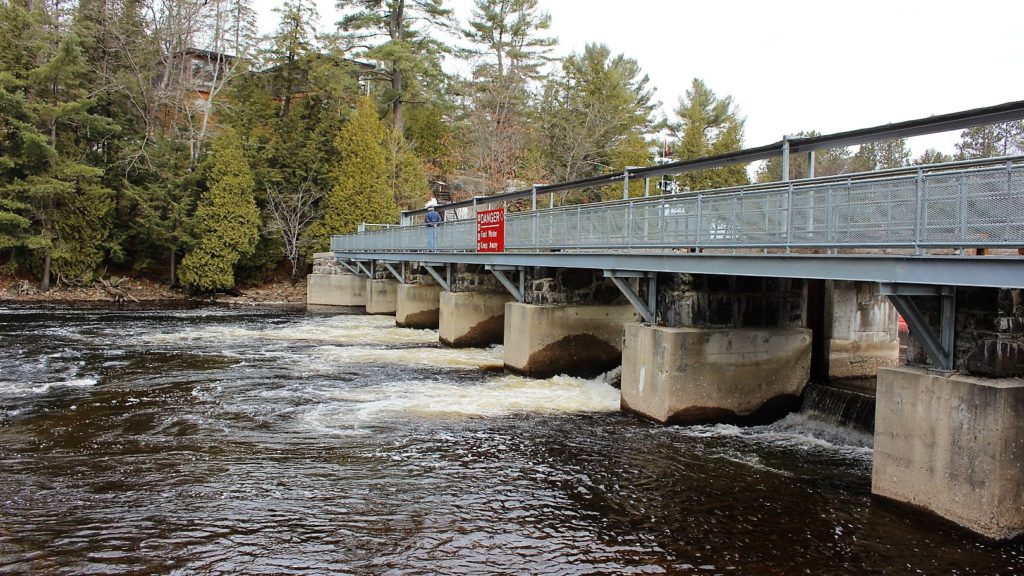What Covid-19 Teaches Us About Dealing with Climate Change and Development Pressure
By Peter Sale.

When the Covid-19 pandemic is past, and it will pass, we will still need to manage the Muskoka watershed – the environmental quality of this place we love is vital to both our economy and quality of life. Before the pandemic, the old ways of managing our environment were becoming less effective as climate changed and development pressure continued. That remains true. Our capacity to manage flooding grows more inadequate yearly. Salt from winter road management is damaging our lakes and forests. Sprawl and inappropriate development are nearly as common as examples of good practice. Our lakes don’t seem as pristine as they were, and algal blooms seem to be becoming more frequent. The way we’ve been managing our environment is no longer good enough.
Muskoka Watershed Council is recommending use of Integrated Watershed Management (IWM) as a new approach. When implemented appropriately, IWM provides an overarching, adaptive management system within which all aspects of environmental management and land use planning take place. Flood control, shoreline development, water quality protection, forest management, climate adaptation, water and sewage treatment, preservation of our small town ambiance, and other tasks all take place within IWM, ensuring a holistic, system-wide perspective that yields better outcomes and fewer surprises. For more information on IWM see “The Case for Integrated Watershed Management in Muskoka”.
IWM is complicated. Some will claim IWM won’t work because it cuts across the vertical management structures common to governments in Canada. Others fear yet another level of costly bureaucracy that impedes the private sector and frustrates economic growth. Such arguments fail to recognize our ability to learn, adapt and innovate, as revealed by Covid-19.
Covid-19 has brought sudden, massive change to our society and considerable personal suffering to some. Individuals and governments have responded innovatively to this pandemic, taking quick, drastic action to ameliorate risks. Our collective response has been collaborative, exploratory, sometimes ad hoc, but mostly guided by scientifically sound information and advice. Who could have imagined the changes to our lives and our economy that have taken place in the last few weeks? We hope most of those changes will temporary, but we’ve prevented Covid-19 from completely overwhelming us.
Although the pandemic has revealed some dangerous gaps in preparedness, our ability as a society to respond so aggressively is encouraging; we are capable of collaborating effectively across governments and the private sector, and of rapidly changing our behavior, despite bearing substantial financial pain in the process. There will be lessons learned, but, with hindsight, most of the actions taken over past weeks will be seen as valuable. No question there has been suffering, but our actions have greatly lessened the disruption and risk to life posed by Covid-19.
Climate change and growing development pressure are far more gradual than Covid-19. Their consequences for our Muskoka way of life are at least as profound. Developing more slowly, they give us time to develop effective responses; using the available science we can carefully evaluate the consequences of alternative paths forward and make appropriate decisions. Our impressive ability to address the problem of covid-19, should strengthen our confidence that we can also preserve our way of life in the face of a changing climate and continuing development pressure.
Sure, IWM is complicated, but we have time to get it right while avoiding bureaucratic bloat. Now is the time to begin the discussions and collaborations among governments, and between them and all sectors of our community, with the goal of introducing IWM here. The science is clear: IWM is right for Muskoka; existing practices and procedures are no longer up to the task.
